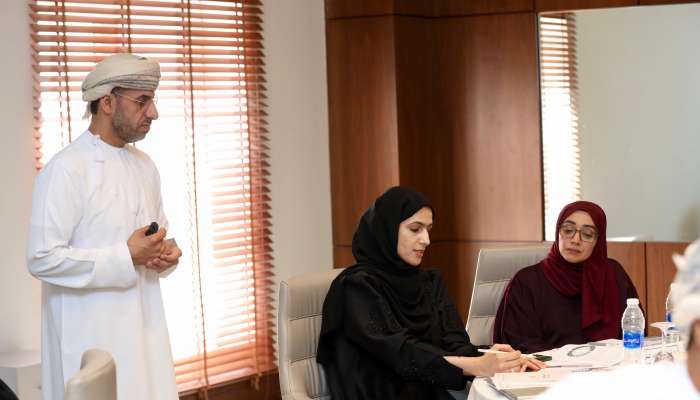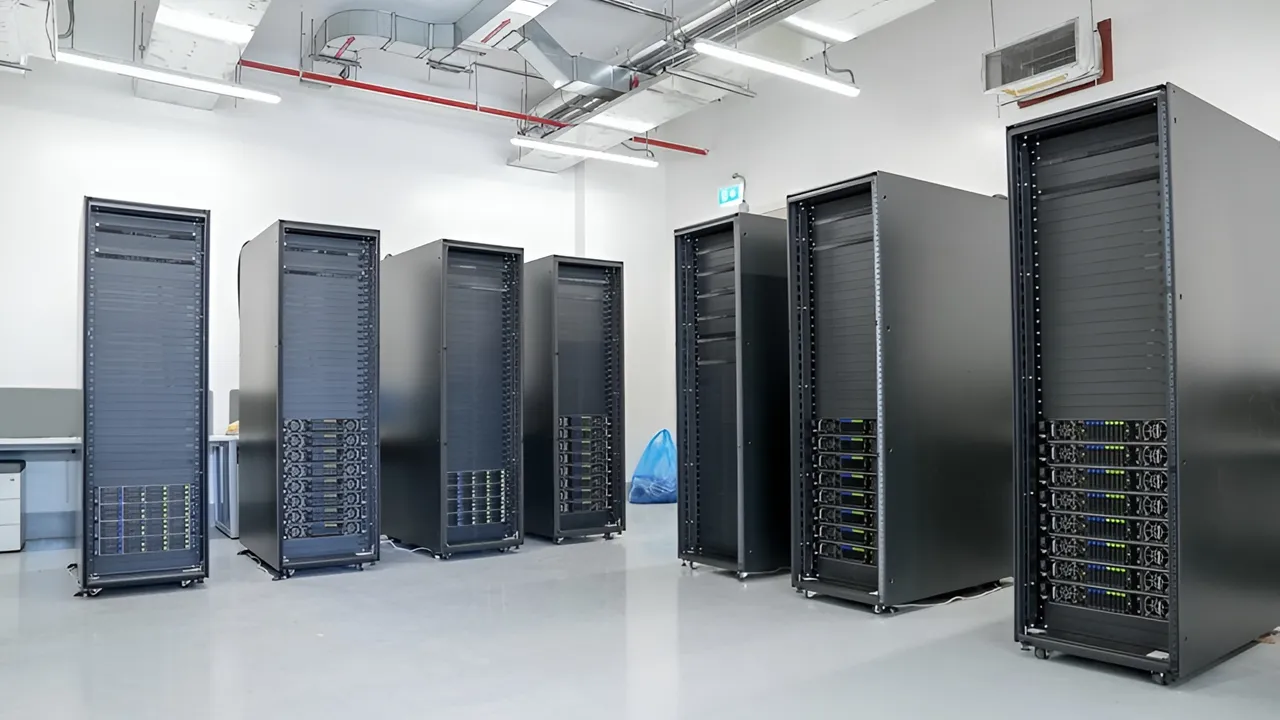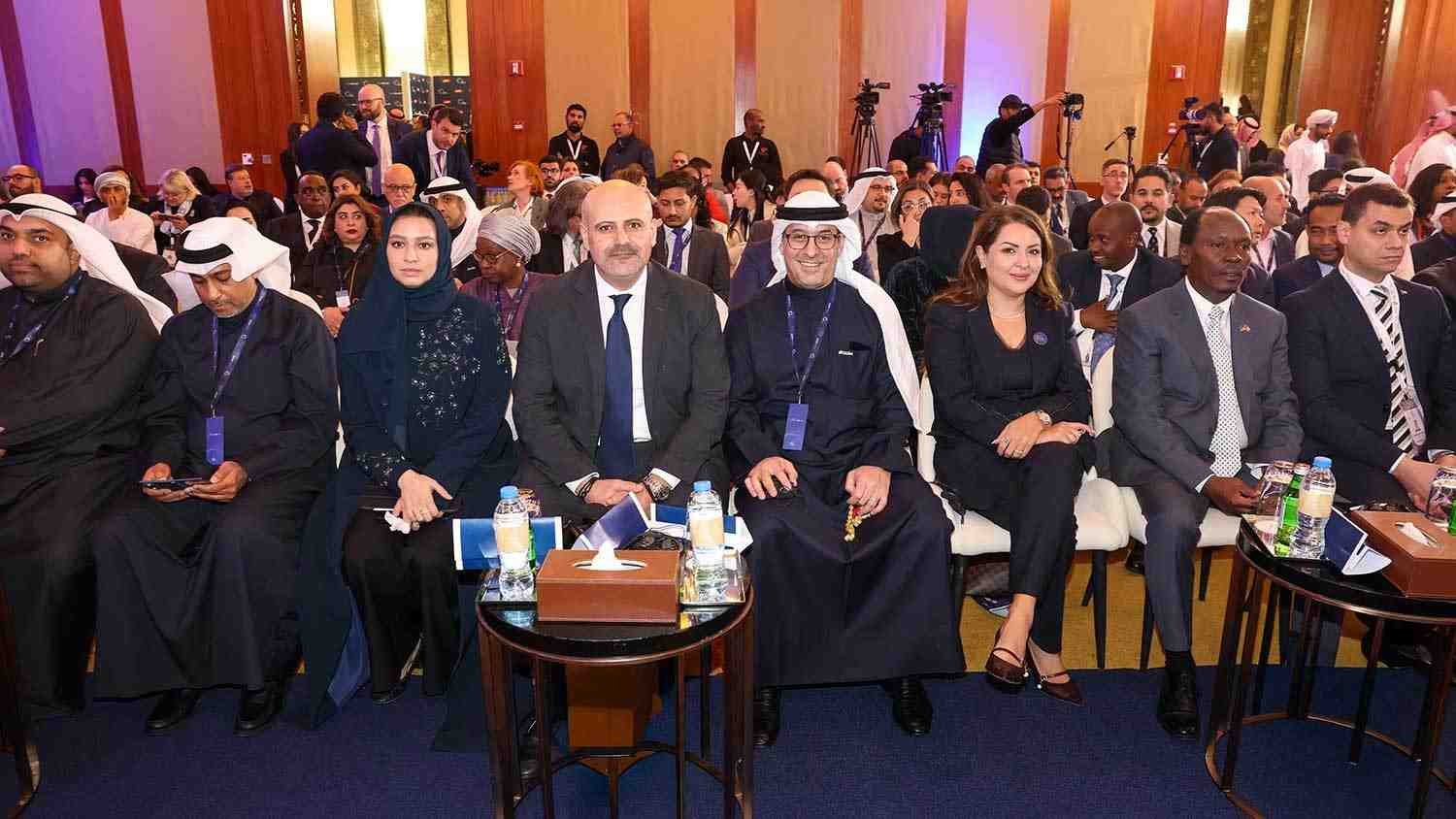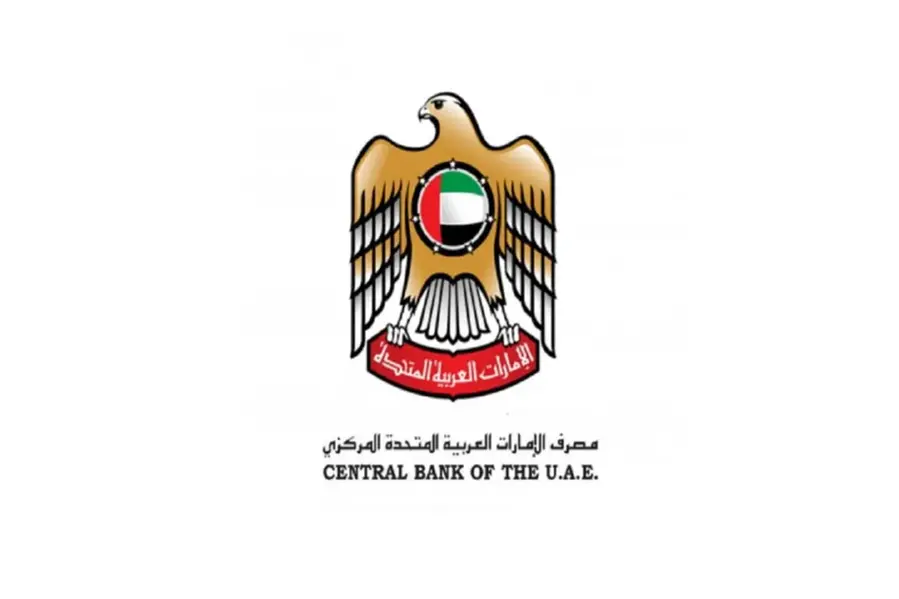The global artificial intelligence landscape is on the cusp of a profound transformation, with OpenAI reportedly poised to introduce a general-purpose agent within ChatGPT by mid-2025. This development signifies a monumental shift beyond mere conversational AI, promising to empower systems that can understand, plan, and autonomously execute complex tasks across various applications. For the vibrant and rapidly expanding MENA startup ecosystem, this innovation heralds a new era of efficiency, innovation, and strategic competitive advantage.
The Dawn of Autonomous Agents
OpenAI’s anticipated general-purpose agent is set to redefine the boundaries of AI capabilities, moving beyond large language models (LLMs) that primarily generate text or code. Unlike current chatbots, this agent is designed to act as an intelligent, autonomous executor, capable of interacting with diverse software applications and performing multi-step operations based on user intent.
This leap means the AI won’t just tell you how to do something; it will *do it* for you. Imagine an AI that can manage your calendar, draft and send emails, process data across spreadsheets, interact with your CRM, and even book travel, all while learning your preferences and adapting to new scenarios. This level of integrated functionality promises to significantly reduce manual efforts and optimize workflows across industries.
The agent’s ability to understand context, learn from interactions, and maintain long-term memory will make it an indispensable tool for businesses aiming for hyper-efficiency. It represents a fundamental shift from AI as an information provider to AI as a proactive, intelligent assistant capable of driving outcomes.
Reshaping MENA’s Startup Landscape
For founders and tech professionals in the MENA region, the advent of such a general-purpose agent offers unprecedented opportunities. Startups can leverage this technology to automate back-office operations, streamline customer service, personalize user experiences on a grand scale, and accelerate product development cycles.
The implications are particularly profound for sectors central to MENA’s economic diversification, such as fintech, e-commerce, logistics, and smart city initiatives. For instance, a fintech startup could deploy the agent to manage complex financial transactions, automate compliance checks, or provide personalized investment advice. E-commerce platforms could utilize it for advanced inventory management, dynamic pricing, and hyper-targeted marketing campaigns, adapting to the diverse linguistic and cultural nuances of the region.
This technology also addresses a critical need in emerging markets: the ability to scale operations rapidly with fewer human resources, while simultaneously enhancing productivity. It levels the playing field, allowing smaller startups to compete with larger enterprises by adopting cutting-edge automation. As one regional tech leader noted, “OpenAI’s general agent could be the ultimate catalyst for MENA startups, enabling them to leapfrog traditional development cycles and innovate at an unprecedented pace.”
About OpenAI
OpenAI is an AI research and deployment company founded in 2015, with a mission to ensure that artificial general intelligence (AGI) benefits all of humanity. As a leading force in AI innovation, OpenAI has been at the forefront of developing groundbreaking technologies, including the GPT (Generative Pre-trained Transformer) series of language models and DALL-E for image generation. The company is structured as a capped-profit entity, allowing it to attract investment necessary for large-scale research while maintaining its core commitment to beneficial AI development. Through its widely accessible APIs and consumer-facing products like ChatGPT, OpenAI continues to democratize access to advanced AI capabilities globally, empowering developers and users alike.
Looking Ahead
The introduction of a general-purpose agent will undoubtedly spark a wave of innovation and competition within the global AI ecosystem, and MENA is poised to be a significant player in its adoption and adaptation. Governments across the region, notably in Saudi Arabia and the UAE, have already invested heavily in AI strategies and infrastructure, recognizing its potential to drive economic growth and national competitiveness. These new capabilities will further accelerate these national agendas, fostering a conducive environment for AI-powered ventures.
However, the rapid advancement of autonomous AI also brings forth important considerations around ethical deployment, data privacy, and regulatory frameworks. MENA’s policymakers and tech leaders will need to collaborate to ensure responsible integration of these powerful agents, balancing innovation with robust safeguards. The region’s unique market demands and cultural contexts will also drive localized adaptations and specialized applications of this general agent, creating new niche opportunities for ambitious startups and investors.
Source: TechCrunch














